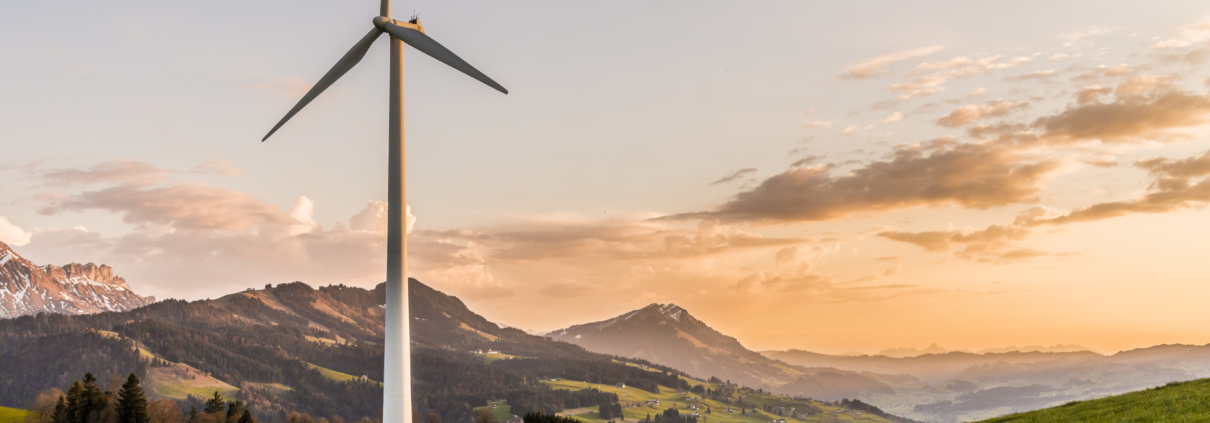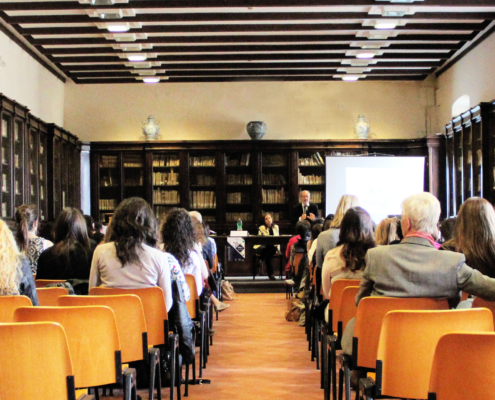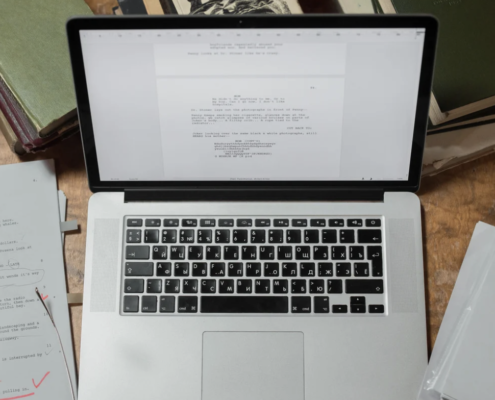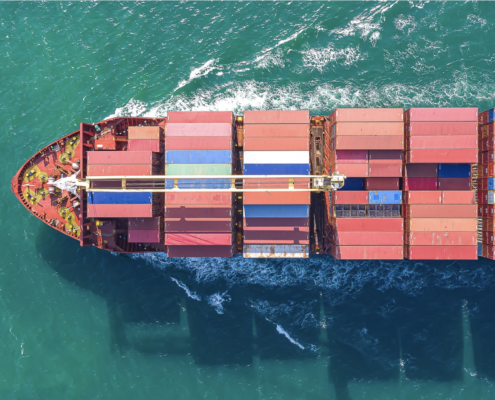Fourth point: targeting public funding
The need to better target public funding to support the energy transition. The company believes that Europe has a clear technological lead in renewable gases such as green hydrogen, which needs to be consolidated. Public aid should be focused as a priority on these strategic sectors for the future.
On the other hand, Engie believes that it is now too late to recreate a competitive photovoltaic industry in Europe in the face of competition from Asia. “European modules are currently 2.3 times more expensive than imported modules, and they account for 60% of the capital expenditure on a solar installation”, stresses the energy company.
Fifth recommendation: guarantee carbon neutrality
Guarantee the principle of carbon neutrality by 2050 by accelerating decarbonization on all fronts, without technological sectarianism. Nuclear, renewables, CO2 capture and storage, hydrogen, bioenergies… All options must be mobilized to achieve the goal of zero net emissions.
“We need to be less restrictive on different energy molecules, whose decarbonization will be slower than that of electricity, as in the case of hydrogen,” he argues Catherine MacGregor. A signal sent to European regulators to relax the eligibility criteria for support mechanisms in certain sectors.
In short, Engie’s message is clear: Europe must rise to the challenge of energy transition without abandoning its principles of decarbonization, while securing its supply, preserving its industrial competitiveness and taking into account the financial constraints of its citizens. It’s a narrow path, but one that the energy company believes is essential to the success of this historic transformation.
A pragmatic approach to technology
Beyond these five main recommendations, Engie insists on the need to remain pragmatic about the technological choices to be made. While the company logically defends its own business model based on “molecules” (gas, hydrogen, etc.), it also puts forward concrete arguments.
“Molecules are storable, transformable and transportable. They make it possible to draw on existing infrastructures such as gas pipeline networks, and to respond to peaks in consumption that are difficult to manage using electrical solutions alone,”points out the energy company.
As an example, Engie estimates that in France, “to respond to extreme cold peaks today with electrical solutions alone, we would need to provide 150 GW of additional capacity, equivalent to 90 nuclear reactors, and double the existing network of transmission lines”. A scenario described by the group as “untenable”.
Reassurance about social impacts
But beyond the technical and economic aspects, the challenge will also be to reassure people about the social impacts of this energy transition. The results of the consultation carried out by Engie illustrate the doubts of some European citizens about the collective ability to carry out this historic change of direction.
Nearly one in two Europeans has reservations about achieving carbon neutrality. In France, this lack of confidence is even more pronounced, with the population both skeptical about the future in general and distrustful of the political institutions that are supposed to carry out this transformation project.
This observation, according to Gilles Finchelstein, “should encourage public authorities to better explain and involve citizens in the energy transition”. Otherwise, this vital project in the fight against global warming could come up against overwhelming popular opposition.
The energy transition is a highly complex challenge that will require considerable efforts from all stakeholders (governments, businesses, citizens). Calling for a pragmatic, inclusive and reassuring approach, Engie reminds us that a subtle balance must always be struck between ecological ambitions and socio-economic realities. It’s a constant balancing act, but one that’s essential if we are to succeed in this historic transformation.












